Description
Flourishing Against the Odds: Homeopathy for Our Rapidly Changing World presents a homeopathic toolkit not only for professional homeopaths, but also one which will appeal to other therapeutic modalities. It is aimed at treating individuals facing the challenges arising from the impacts of major events in today’s rapidly changing world. These traumatising events include the manifold instances of population displacement from wars, toxic environmental pollution, the Covid-19 pandemic with the associated mental and emotional fallout from authoritarian lockdowns, as well as the growing threat of climate change and algorithmic media which has eroded trust and driven political and identity polarisation.
This new book offers a guide to practitioners working in contemporary times to support thriving in their patients, within a world of disarray and disconnection. A transgenerational practice model is presented in Part 1 and a Materia Medica of homeopathic remedies in Part 2, selected to help readers navigate their way in repairing and restoring the health of their patients to flourish against the odds. The author describe how to use 40 key homeopathic medicines based on the subjects discussed in this book.
Elizabeth Adalian has combined with her long-standing colleague and friend, Nigel Hargreaves, who is, as well as an experienced homeopath, an expert on climate change. We decided to join our efforts in putting forward a sustainable approach to health. This was based on our understanding of the different challenges of our rapidly changing world today compared with those at the time homeopathy was first discovered. Our basic message is that the fundamental principles still apply within this approach.
Together, we have delineated in the text the difference between trauma (the early wound) and traumatisation (which we believe taps into the original wound). Adopting this awareness with their patients, the authors have discovered, awakens the often unhealed parts which are crying out for help. It also contributes to the building of the much needed resilience to resist the perpetual pressures of today’s world.
271 pages
TABLE OF CONTENTS:

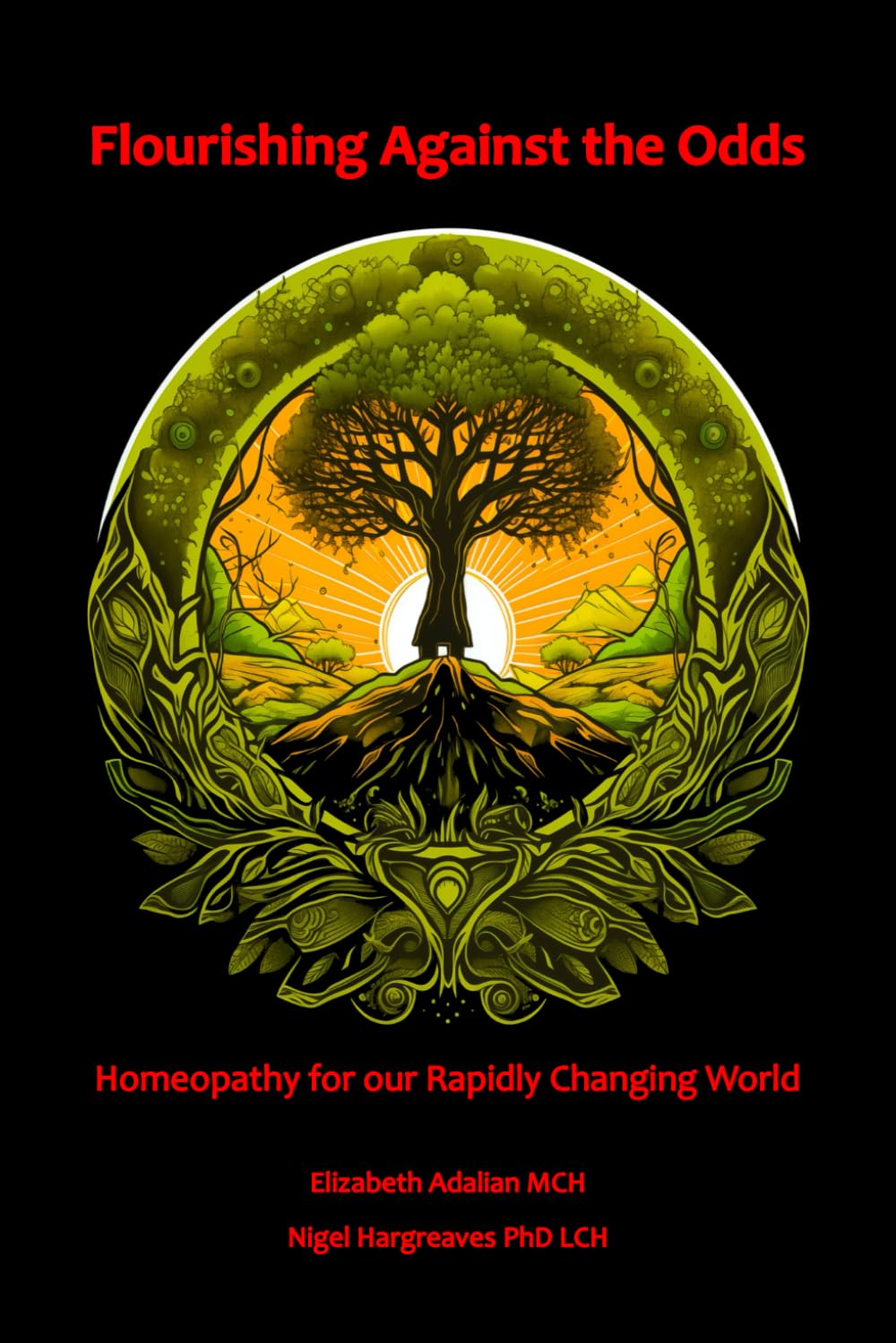
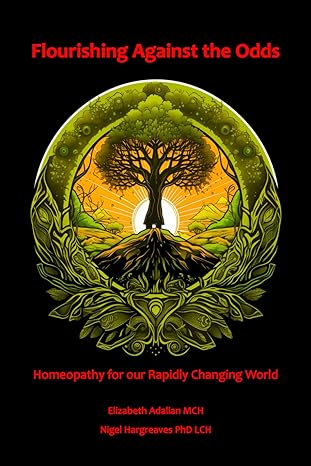
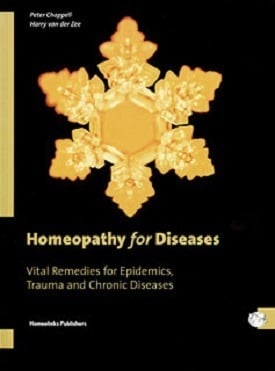
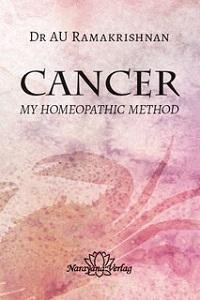
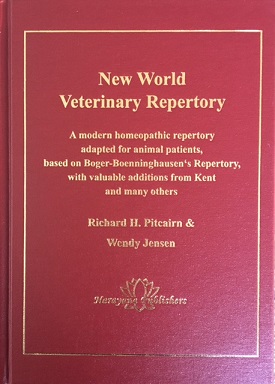
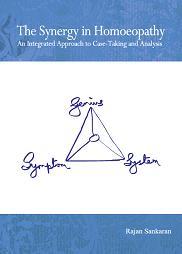
Reviews
There are no reviews yet.